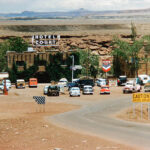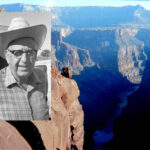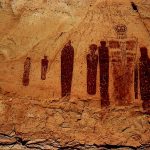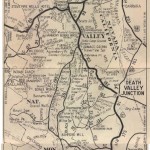
On May 30, 1939, Herb Ringer’s life changed forever. As he drove away from his family home in Ringoes, New Jersey, he could not have guessed that as he backed out of the driveway and turned west, that his life would never be the same again. And yet the departure was hardly a happy moment for Herb. In fact, he dreaded it. I’m sure it felt more like the most painful of deaths than the beginning of a new and indescribably beautiful future.
Herb had been married for less than two years, but it had been a disaster. Neither of them was happy. But Herb made a decision that in 1939 was almost unthinkable. He decided to file for divorce. Though his wife was just as unhappy as he was, the stigma of divorce was more than bare. She pleaded with Herb to change his mind. He was barely less humiliated than she was. He didn’t want to be known as “that man” who divorced his wife in the little hamlet of Ringoes. And so Herb made a decision that he thought might make the process less painful for both of them. He would travel all the way across America, to Reno, Nevada. Even then it was known as the “Divorce Capital of the World.”
***
When Herb first started giving me his photos, I realized that he took the time to do what few of us even consider. We took the scenic shots. Herb often turned the camera around and took pictures of the people who were taking pictures. And he stopped to photograph the little towns that most people just wanted to get through. Eventually he would give me all his photographs. Thousands of them. And among them dozens…scores…hundreds of little communities in the West that everyone else ignored.
Read more →




